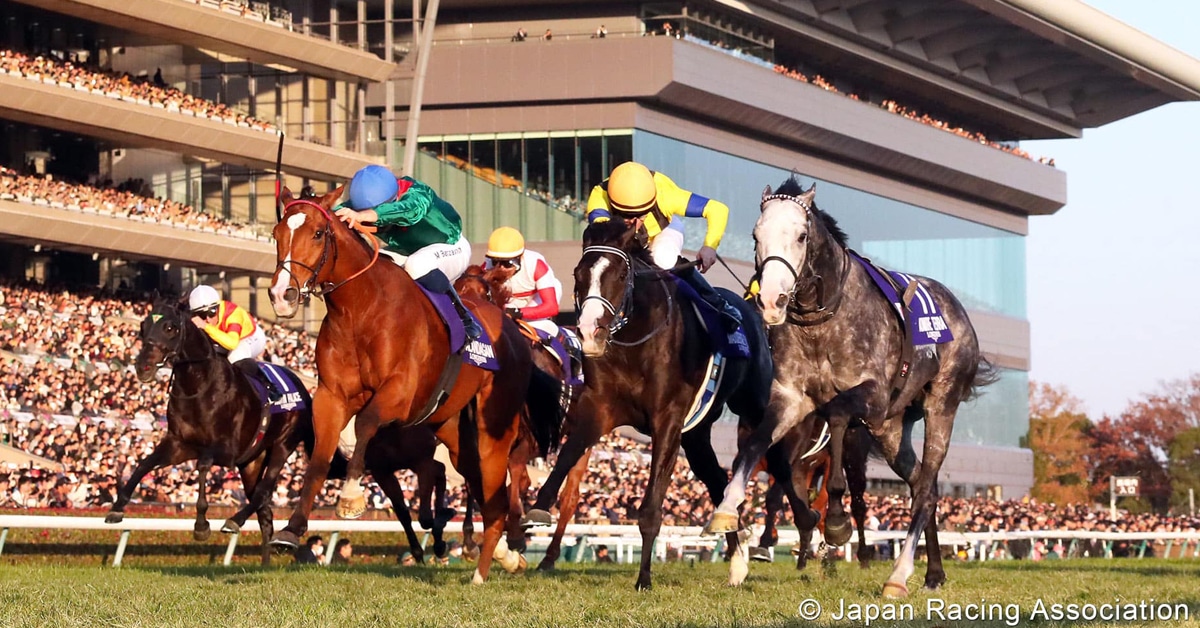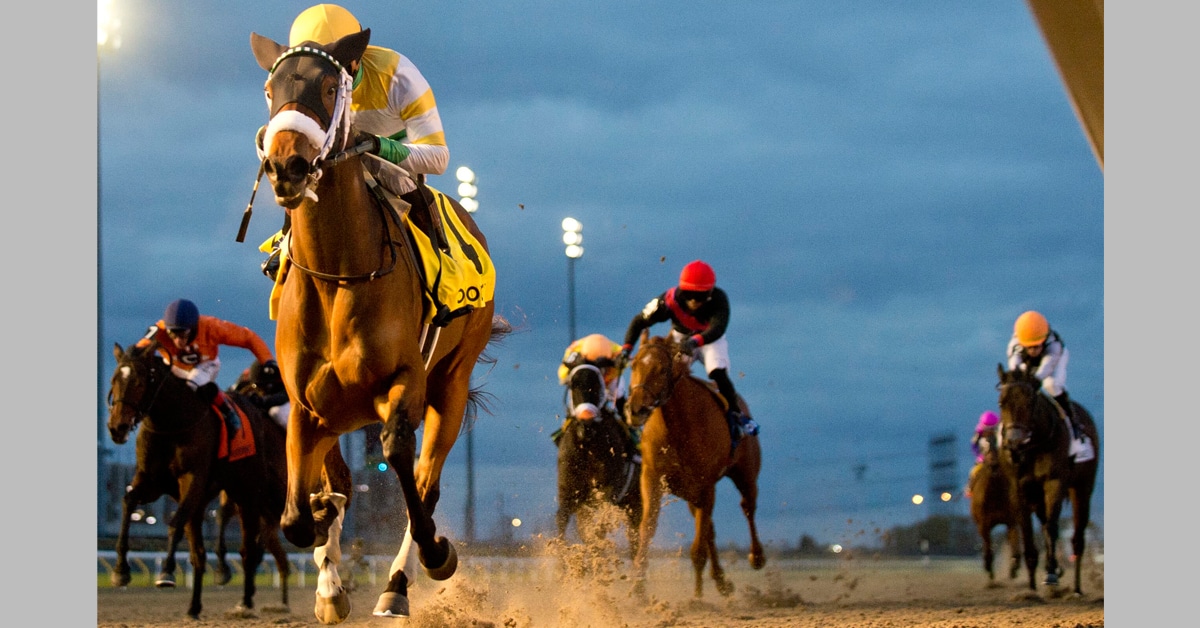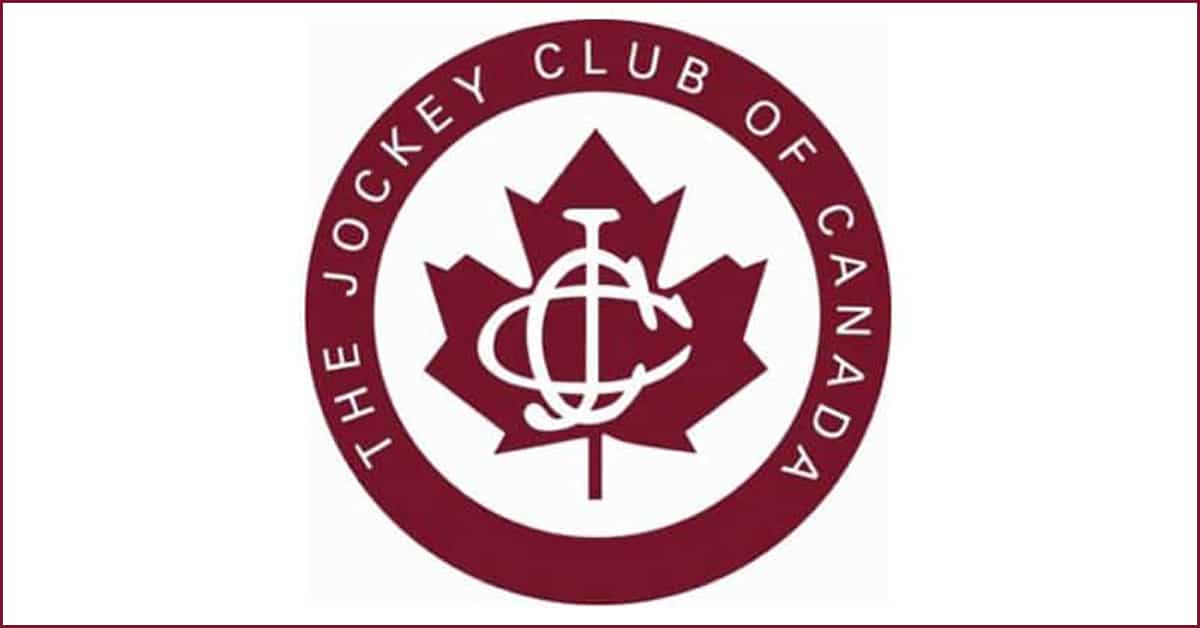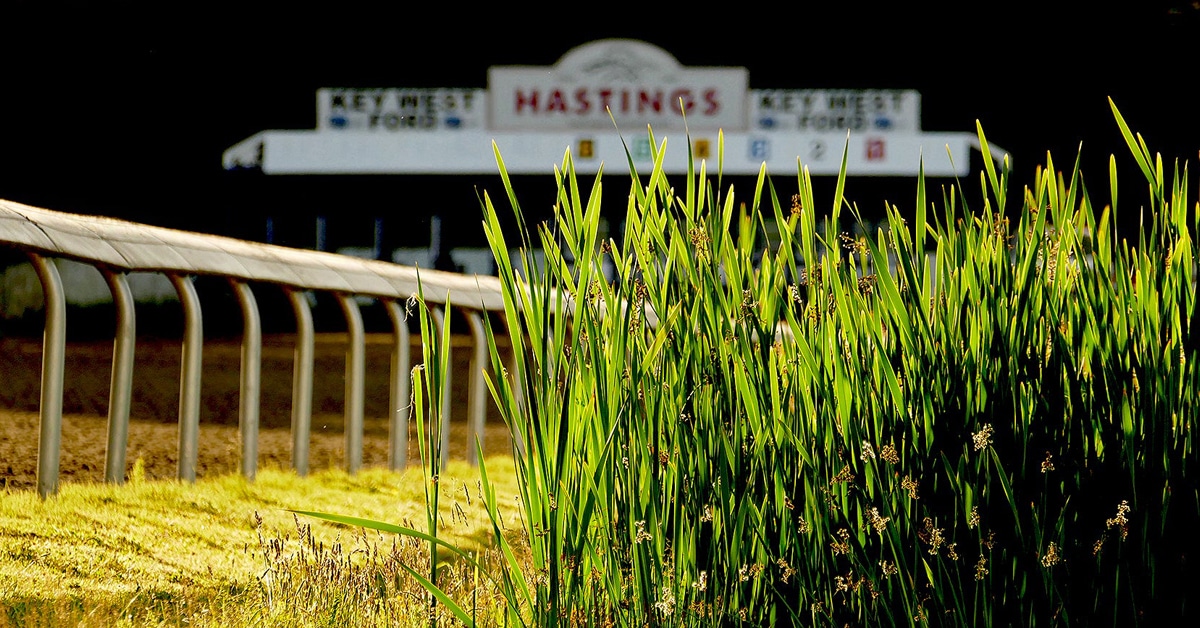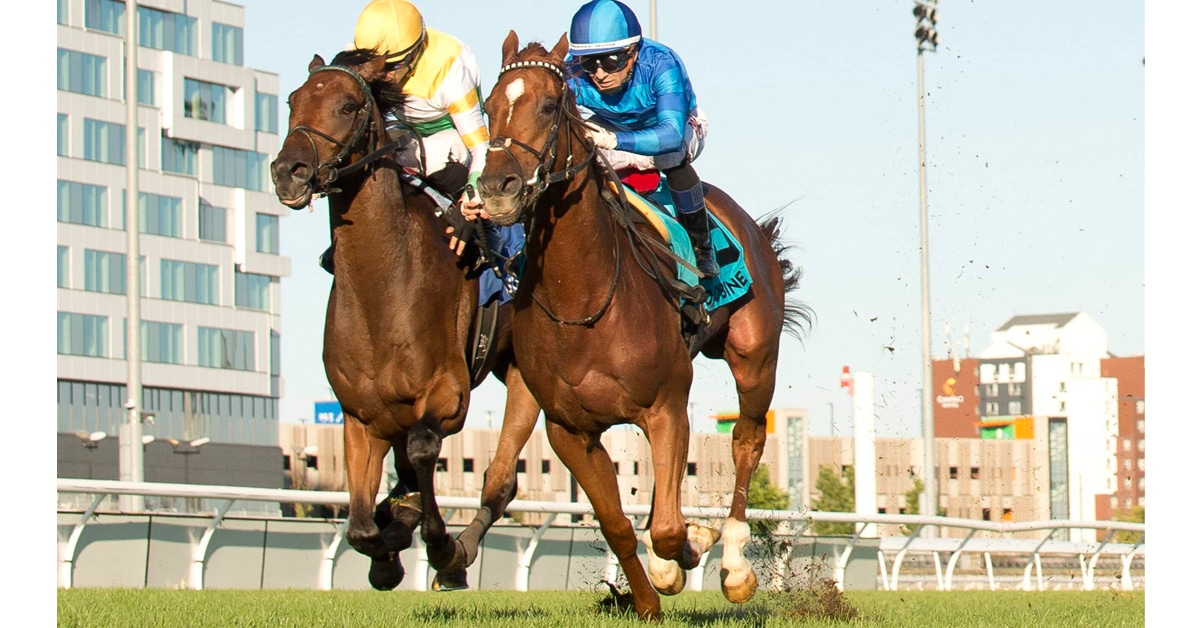Nine trainers are appealing to have their purse money re-instated after being found “relieved of responsibility” for the positive test for capsaicin.
Though the Canadian Pari-Mutuel Agency has not previously reported a capsaicin positive, they issued Certificates of Positive Analysis for capsaicin in all Canadian jurisdictions that raced since June 2020. A source for the positives was never established in this mysterious spate that affected thoroughbred and Standardbred race horses alike.
Collectively, the nine trainers involved in the appeal have lost over $200,000 in prize money after their horses tested positive for the Class 2 drug last year. Ordinarily, a Class 2 violation would results in heavy fines and a lengthy suspension, but because of the number of unexplained results the trainers were not censured. Since they were found to be “relieved of responsibility”, the trainers are now fighting to have their prize money returned.
Both the CPMA and the Horseman’s Benevolent and Protective Association (HPBA) launched separate investigations to find the source of the problem last year, but nothing specific has been found to explain the sudden surge in positive test results. The investigations did reveal a number of products used at the track that contain capsaicin, but in such low quantities that it is not required to be included on the label. Many of these products, however, have been used at the track for years and their formulas have not changed so it’s unclear why they might cause positives now.
While the CPMA originally noted that the test for capsaicin was qualitative (presence/absence of drug) and that no thresholds applied, they subsequently issued a notice that they adjusted their testing criteria to reduce the likelihood that these products will cause a positive test result.
“This is a battle for the entire industry, not just ourselves,” said Steve Owens, who is one of the nine trainers involved in the appeal. “It’s not right. We haven’t done anything wrong and we shouldn’t be penalized. They haven’t been able to tell us why we got the positive. If they increased the threshold then why are they not backdating our tests? Obviously they understand that there is a problem with this drug and to me that’s acknowledgement that they’ve made a mistake in their initial testing. Why should we be the ones suffering? If we are not at fault why is it on our record and why don’t we get the purse money?”
Capsaicin is classified as a Class 2 drug based on the Uniform Classification Guidelines for Foreign Substances which is published by the Association of Racing Commissions International. Research in humans has showed that when applied on the skin over a nerve, capsaicin can reduce pain and improve mobility. The first violation for a Class 2 drug carries a 1-5 year suspension and $10,000 fine and the second violation is a 5-10 year suspension and a $25,000 fine. In addition, some outside racing jurisdictions may not grant a training license to a trainer who has been found guilty of a Class 2 violation.
Last year, however, the HBPA of Ontario successfully negotiated with the Alcohol and Gaming Commission of Ontario (AGCO) to waive the penalty and fines for these violations. They were also able to have a note attached to their records absolving the trainers of wrongdoing and ensuring that the violation would not be counted against them or impede their ability to race.
“I was successful in getting them no penalty, no days, no fines and an agreement with AGCO that this would not count as a positive against them,” said Sue Leslie, president of the HBPA. “Should one of them get another positive it wouldn’t be number two, it would be number one. The AGCO assured me that their records would indicate that this wasn’t counted as a positive against them and should any jurisdiction call they would say they have no rulings against them and no positives.”
Given all of these acknowledgements that the trainers were not at fault, they remain frustrated that the AGCO hasn’t dismissed the charges entirely. Rule 24.03.02 came into effect April 6, 2021 and notes “The Registrar’s absolute discretion to waive the breach of a rule is not subject to appeal.”
“It makes no sense. I have no idea why they aren’t waiving these violations given these extraordinary circumstances,” said Brian O’Leary, whose two horses tested positive in November under trainer Tony Gattellaro, costing him the $81,000 in purses. “This is shameful and a very bad message to send to Canadian and foreign owners that we have no support from the regulator. This could cause irreparable damage to attracting and retaining owners.”
“I can only speculate that it’s about the purses,” commented Leslie on why the AGCO would not expunge the trainers’ records. “The problem is that once the CMPA calls a positive the horses that run behind expect there to be justice. Their horse ran clean and should move up and get the purses. Historically, when this has gone to trial the judge has awarded the people finishing second.”
The AGCO rules around positive test results require that somebody be held responsible. Leading equine lawyer Catherine Willson noted that, “Drug offences are pretty much strict liability, meaning that if your horse tests positive it is very difficult, if not impossible, to have it overturned.”
The trainers, who are being represented at trial by attorney Frank Roth, feel that Horse Racing Appeal Panel (HRAP) should acknowledge the questionable circumstances surrounding these positives, expunge the trainers records, and return the prize money.
More News

